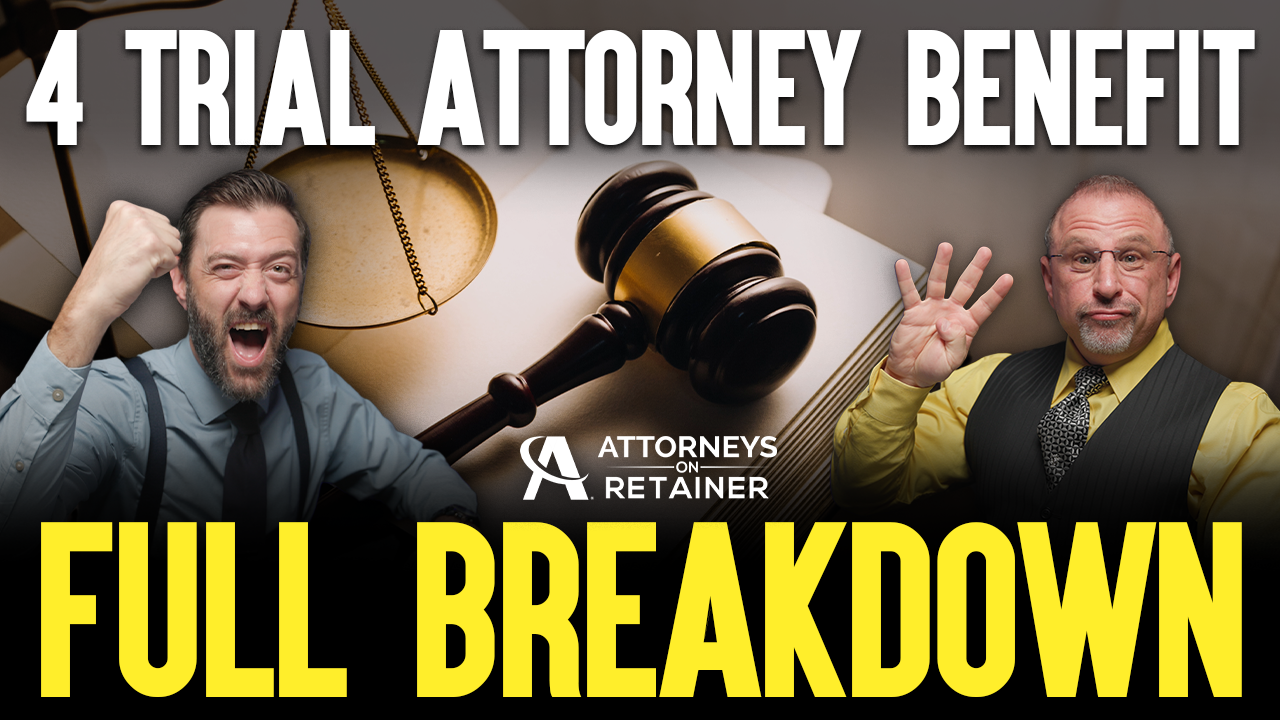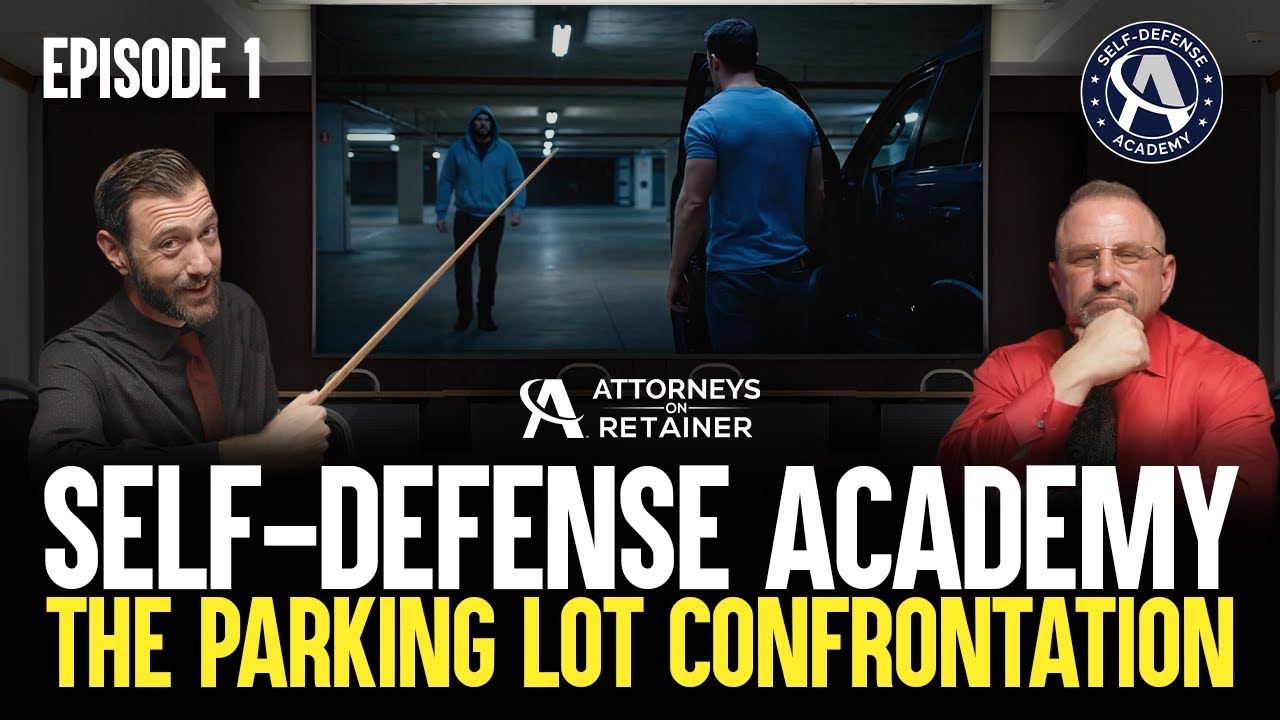Did Alan Colie’s Email Exonerate USCCA?
February 2, 2024
Introduction
Criminal defense attorneys Marc J. Victor and Andrew C. Marcantel discuss the Alan Colie case and the recent USCCA email. They offer legal insights around issues of coverage, exclusions, selection of counsel, and insurance contract ambiguity. They also compare self-defense programs like USCCA to their own Attorneys On Retainer Program (AOR).
The Alan Colie Case
Mr. Colie was involved in a self-defense incident at a mall in Virginia involving a YouTube prankster. He was arrested on April 2, 2023, yet a public defender was not officially appointed to represent him until May 4. Although Mr. Colie reportedly contacted USCCA immediately following the incident, there is no clear indication that the organization responded promptly with legal assistance, expert support, or investigative resources.
The attorneys spoke to Mr. Colie’s public defender, Mr. Pouilliard, who was unaware of any USCCA involvement or coverage. Notably, Mr. Pouilliard believed USCCA’s protection applied only to civil liability. This suggests a lack of communication between USCCA and Mr. Pouilliard. To qualify for a public defender, Mr. Colie would have had to prove indigency.
Mr. Colie’s indigency was at odds with claims that USCCA was providing legal defense coverage, unless Mr. Colie had explicitly declined their services. Yet no waiver documentation indicating that he formally rejected USCCA’s assistance has been produced.
An email allegedly from Mr. Colie later surfaced, stating he had chosen his counsel and was satisfied with the support he received. However, the situation raised questions about the contractual obligations of insurance-based legal defense programs.
Criminal Acts and Coverage
The attorneys emphasize the distinction between being charged with a crime and committing a criminal act. That language, taken directly from page 2 of USCCA’s self-defense liability policy (underwritten by Universal Fire and Casualty Insurance Company) states, “This policy does not apply to, and provides no insurance for any ‘claim’ arising out of . . . [a]ny actual or alleged criminal act.” Coverage determinations are not made after a conviction. Instead, they are based on an internal decision made by someone within the insurance company.
The contract also includes a recovery or recoupment clause (page 8, subsection I), stating the insurer may seek to recover payments if it later determines coverage was not warranted. If a member takes a plea deal, they may still be liable for repayment.
“If that crime actually turns out to be a criminal act . . . [t]his policy does not apply to and provides no insurance.”
– Attorney Victor
Choosing an Attorney
Another point of contention is the claim that USCCA members can “choose any attorney” they want. While that is a frequent marketing point, the actual insurance contract explicitly states USCCA’s right to assign counsel of its choosing (section E, page 2).
“We have the right to assign counsel of our choosing. We will not unreasonably withhold approval of defense counsel requested by the insured, provided that such counsel . . . (1) agrees to operate within our litigation and panel counsel guidelines and (2) agrees to our usual and customary rates and billing guidelines.”
– Attorney Victor
While USCCA may not outright prohibit attorney choice, that choice is subject to insurer approval, restrictive billing guidelines, and mandatory compliance with third-party terms. In contrast, Attorneys On Retainer offers direct representation from a self-defense law firm. Another issue raised is the potential ethical conflict created when an attorney must share protected client information with a third-party insurance provider. Attorneys have a legal duty to act in their clients’ best interests. If those interests diverge from the financial interests of the insurer, the client’s defense may be compromised.
“In my experience in 30 years of doing this, insurance companies do not generally pay top dollar for lawyers, they just don’t.”
– Attorney Victor
Conclusion
The attorneys encourage viewers to read coverage contracts, understand exclusions, and make informed decisions based on transparency and integrity. The AOR Program is transparent in what it covers and provides contractual clarity.
“We’re actually a law firm, we’ve been defending people who have actually committed criminal acts, I’ve been doing this for 30 years.”
– Attorney Victor
If you want reliable legal defense for self-defense cases without all the unnecessary exclusions, be sure to check our Attorneys On Retainer Program. For more information, please contact us by calling 866-404-5112 or emailing us.



